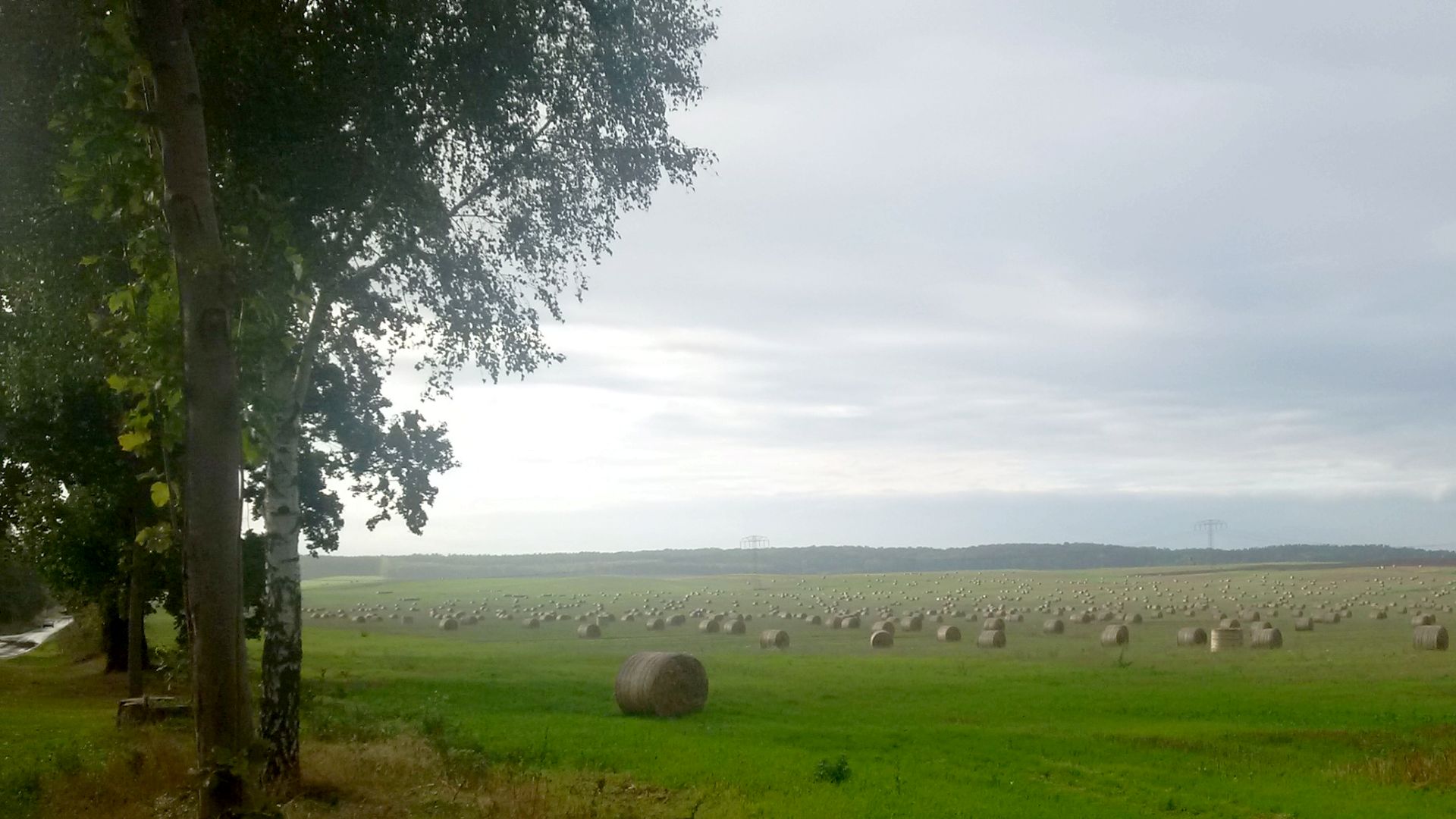The project aims to identify potentials and synergies for socio-ecological change processes in the classic areas of environmental engagement as well as in other areas of civic engagement, and to derive recommendations for promotion and action for their dissemination.
In this context, the social function of civic engagement for socio-ecological renewal is to be defined in more detail and a concept of civic engagement that is appropriate, contemporary and sustainable for environmental protection and sustainability is to be developed.
To view the project results, click here.
